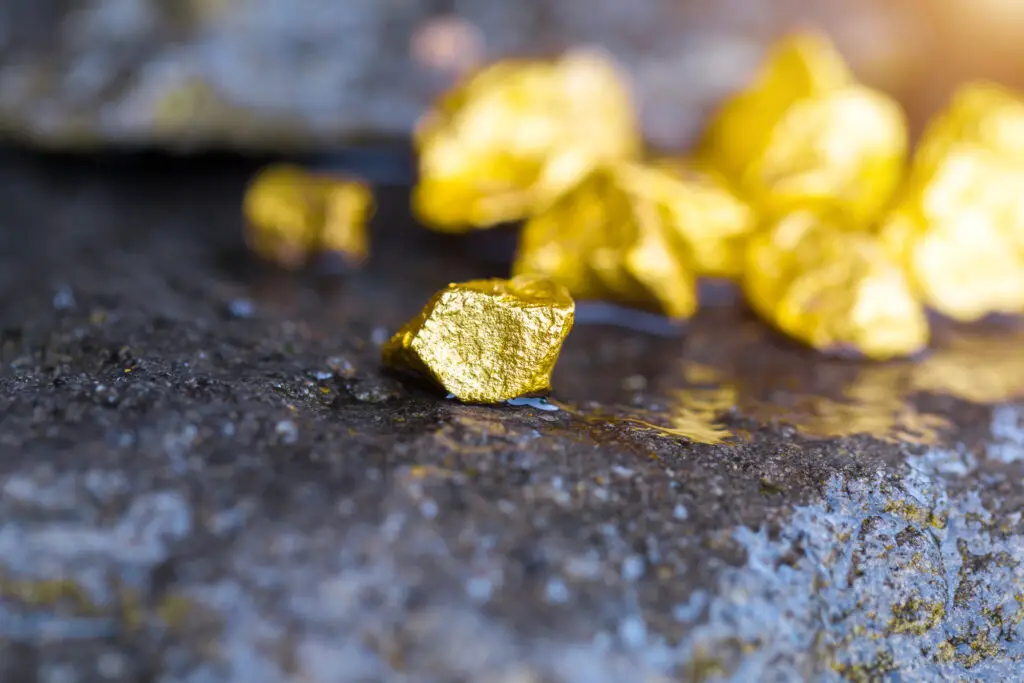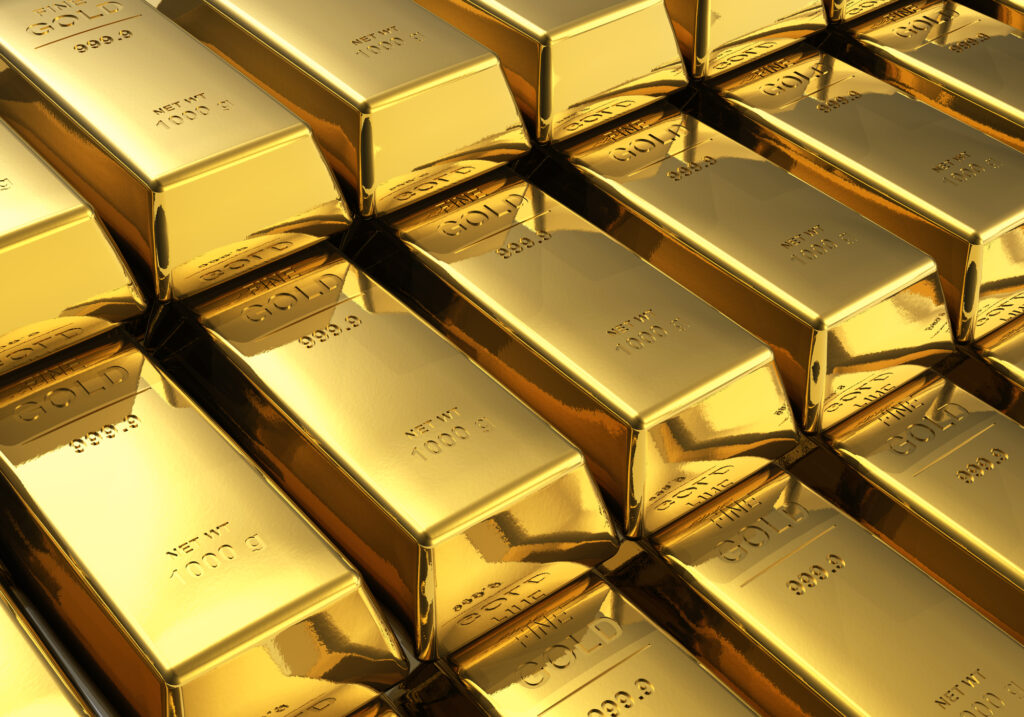Aloha, treasure seekers! When one thinks of Hawaii, images of breathtaking beaches, lush landscapes, and mesmerizing volcanoes likely come to mind. However, did you know that there might be more to this tropical paradise than meets the eye? As you set foot on the beautiful islands of Hawaii, you may be walking atop hidden riches.
In this blog, we delve into the fascinating history and present-day possibilities of gold in Hawaii. From ancient legends and myths to modern-day gold prospecting, we’ll explore the lesser-known side of this idyllic destination that could potentially turn your island getaway into a treasure hunt. So, grab your metal detector and sunscreen as we embark on an exciting journey to uncover the golden secrets of the Aloha State.

Is There Any Natural Gold In Hawaii?
Hawaii, an archipelago formed by volcanic activity, is not known for its natural gold deposits. The islands are primarily composed of basalt, a type of volcanic rock, which does not typically contain gold in significant quantities.
Gold is usually found in areas with specific geological conditions, such as hydrothermal deposits and areas with a history of ancient riverbeds, where erosion and sedimentation have concentrated gold particles over time. These conditions are not commonly found in Hawaii.
However, gold can still be found in Hawaii, albeit in small quantities, brought to the islands through human activity or trade. For example, gold may be found in beach sands or soil, where it may have been accidentally lost or discarded over time. These sources of gold are not native to Hawaii, and the amounts found would be minimal compared to traditional gold-producing regions.
Are There Any Gold Mines In Hawaii?
There are no known gold mines in Hawaii. The geological conditions on the Hawaiian Islands, which are primarily composed of basaltic rock from volcanic activity, do not favor the formation of significant gold deposits. Gold mining typically occurs in regions with specific geological features, such as hydrothermal deposits, ancient riverbeds, or in rocks associated with particular mineralization processes. These conditions are not present in Hawaii.
While there have been reports of gold discoveries in small quantities, usually in beach sands or soil, these are not the result of native gold deposits, but rather the outcome of human activity or trade over time. Consequently, Hawaii is not considered a gold mining destination and does not have any operating gold mines.
What Is The History Of Gold Mining In Hawaii?
The history of gold mining in Hawaii is essentially nonexistent due to the geological conditions of the islands. Hawaii, an archipelago formed by volcanic activity, primarily consists of basaltic rock that does not typically contain gold in significant quantities. Gold mining typically occurs in regions with specific geological features, such as hydrothermal deposits, ancient riverbeds, or in rocks associated with particular mineralization processes – conditions not present in Hawaii.
There have been occasional reports of small gold discoveries, usually in beach sands or soil. However, these finds are not indicative of native gold deposits but are the result of human activity or trade over time. Gold has been used as a form of currency, jewellery, and ornamentation throughout history, and some gold may have been brought to the islands through these means.
In summary, Hawaii has no notable history of gold mining due to its geological makeup. The few instances of gold discoveries on the islands are more likely connected to human activities rather than the presence of natural gold deposits.
Is There Gold Panning In Hawaii?
While Hawaii is not known for its gold deposits, some people may still try their hand at gold panning, mostly as a recreational activity. Gold panning enthusiasts might explore beaches, streams, and rivers, hoping to find small flakes or nuggets of gold that could have been introduced to the environment through human activity or trade.
However, gold panning in Hawaii is not a popular or productive endeavor due to the lack of native gold deposits in the region. The geological conditions of the Hawaiian Islands do not favor the formation of significant gold deposits, making it an unlikely place to find substantial amounts of gold.
In summary, gold panning in Hawaii is not a common activity, and it is unlikely to yield significant results due to the islands’ geological conditions. Those interested in gold panning would have better prospects in regions with a history of gold mining and known gold deposits, such as California, Alaska, or parts of the western United States.
Stream And River Examples Where Gold Could Be Found In Hawaii
It is important to reiterate that Hawaii is not known for its gold deposits, and the geological conditions of the islands do not favor the formation of significant gold deposits. However, if you are interested in searching for gold as a recreational activity in Hawaii, you could try exploring some streams and rivers, bearing in mind that the chances of finding any substantial amounts of gold are extremely low.
A few examples of streams and rivers in Hawaii where you could potentially try your luck at gold panning include:
Hanalei River, Kauai: Located on the north shore of Kauai, the Hanalei River is a popular spot for kayaking and might be an interesting place to try gold panning.
Wailuku River, Big Island: The Wailuku River, located near Hilo on the Big Island, is the longest river in Hawaii and features the stunning Rainbow Falls and Boiling Pots.
Anahulu River, Oahu: Located on the North Shore of Oahu, the Anahulu River is another picturesque location where you could potentially try gold panning.
Remember, these locations are not known for gold deposits, and the chances of finding gold in Hawaii are very low. However, if you want to explore the islands and engage in gold panning as a recreational activity, these rivers and streams might offer a unique experience.

